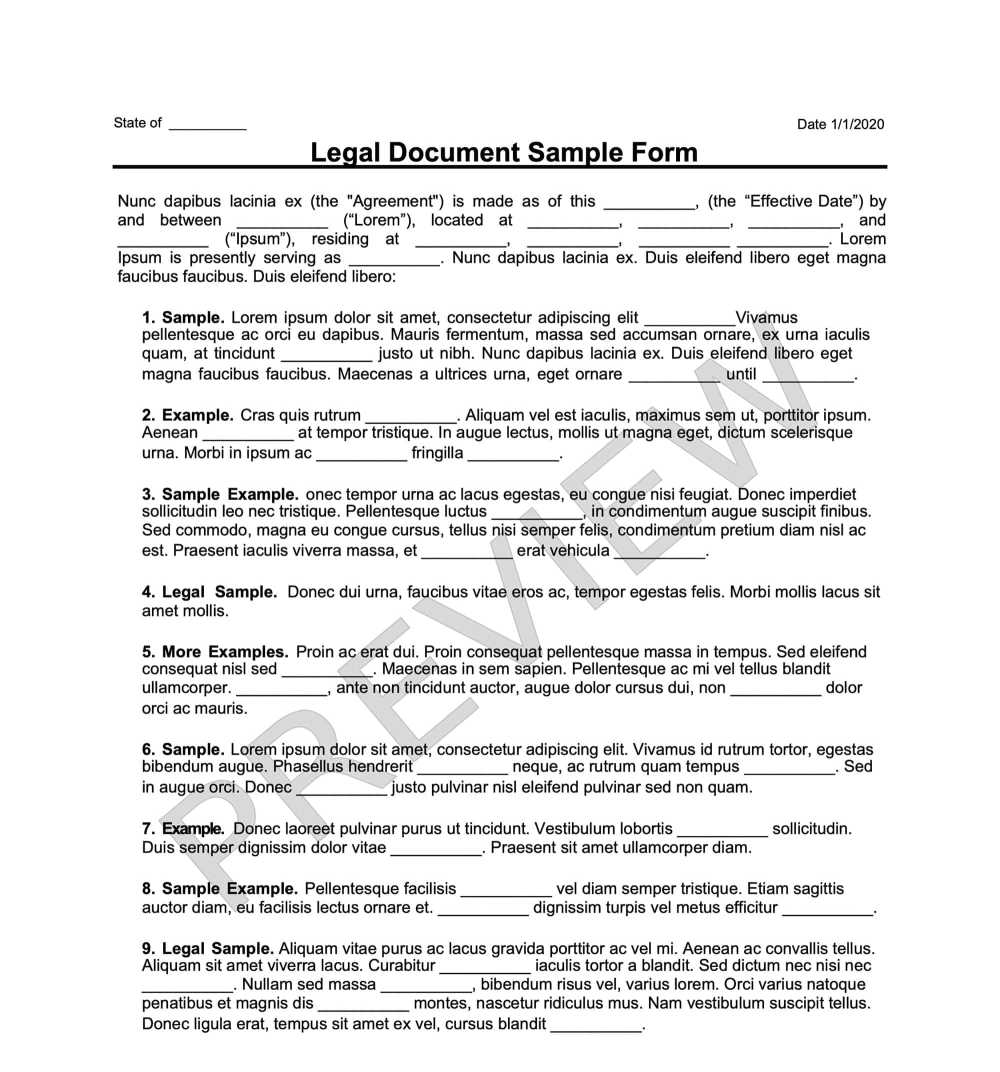Assignment Of Partnership Interest
When you want to transfer the stake in a partnership to a new member, you’ll use an Assignment of Partnership Interest to outline the terms of the transaction.


Frequently Asked Questions
No. You can choose to notarize the signatures on the assignment document, but it’s not required for it to be legal and valid.
In theory, yes. However, this is not only inadvisable but could also result in legal issues down the line. Without the document to establish each party’s obligations, either may choose to back out of the transaction. Furthermore, it puts the partnership at risk, since the assignee ends up with a controlling stake in the business without explicitly being bound to the terms of the original Partnership Agreement.
When partnership interest is transferred, the assignor’s proceeds are typically treated as a capital gain/loss. But, some or all of the capital gains may end up as ordinary income if the assignor attributes it to unrealized receivables. State and local laws may also play a role and you’re well-advised to consult a tax attorney or CPA licensed to practice in your state.
Yes, the document can be used to transfer a partner’s interest to natural or legal persons in a general sense. However, it should be noted that federal tax audit rules may be affected for a partnership if one or more members is itself a partnership and the original agreement may prohibit this type of transfer specifically.




